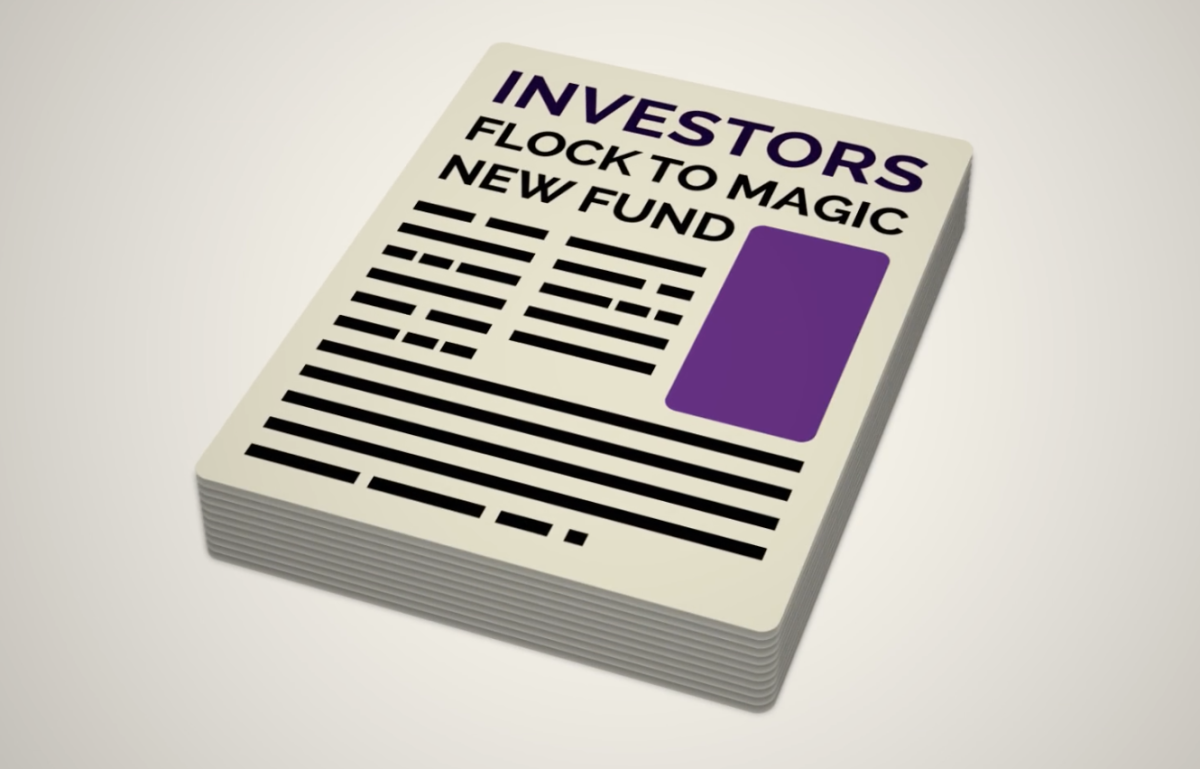
Fund industry advertising and much of what’s written in the financial media encourages investors to chase performance. The impression given is all that we need to do is to pick a fund or an asset class that’s performed well in the recent past, and we too can profit from it. But, as ROBIN POWELL explains in a new video series, buying recent winners is one of the worst things you can do.
I read on a daily basis about fund managers who were once considered stars but whose recent performance has been dreadful.
Today, for example, it was Stephen Yiu, manager of the Blue Whale Growth fund. The fund was launched four and half years ago with £25m of seed capital from Peter Hargreaves, one of the co-founders of Britain’s most popular investment platform Hargreaves lansdown.
Funds poured in off the back of strong returns. But performance has tailed off dramatically in recent moths. According to FE Fundinfo, the fund has fallen 22.3% since the start this year.
“The time to have sold would have been six months ago,” says Hargreaves Lansdown co-founder Peter Hargreaves in a less than helpful update to shareholders in Blue Whale Growth.
Hargreaves’ £2.25 billion fortune is built largely on persuading people that it’s possible to identify “star” fund managers in advance. That might be true in theory, but, in practice, getting in and out of the right fund at the right time is extremely challenging.
What usually happens is that investors buy in after strong performance and then sell after poor performance. In other words, they don’t actually benefit from a fund manager’s outperformance at all.
We call this performance chasing. Although it’s very common, it’s also one of the main reasons why ordinary investors don’t enjoy good investment outcomes.
As the second video in our series How to Invest for Wealth Matters explains, your odds of beating the market through actively managed funds in the long run are very small.
The good news is that you don’t need to chase performance: the market return is more than sufficient to achieve your goals. And you can capture those returns, simply and efficiently, by investing in low-cost index funds.
If you missed Part 1 of this series, you can watch it here.
PREVIOUSLY ON TEBI
Should value strategies adjust for intangibles?
Beware the lure of the familiar
Is social media making markets more efficient?
Bitcoin is not an investment — I’m glad I sold it
Why have large-cap growth funds performed so badly?
NEW TO INVESTING?
If you’re new to investing, TEBI founder Robin Powell and fellow financial blogger Ben Carlson have written a book that you really ought to read. It’s called Invest Your Way to Financial Freedom, and it’s published by Harriman House.
Primarily written for a UK audience, the book has no hidden sales agenda and is based on peer-reviewed academic evidence. It explains, in simple terms, how young investors can develop good habits, save a fortune in unnecessary fees, and achieve financial freedom many years earlier than they otherwise would.
You can either buy the book direct from the publisher or via Amazon:
For those in the UK,
Buy the paperback via Harriman House here
Buy the paperback via Amazon here
Buy an audio version on Audible here
For those outside the UK,
Buy the Kindle version via Amazon here
© The Evidence-Based Investor MMXXII









